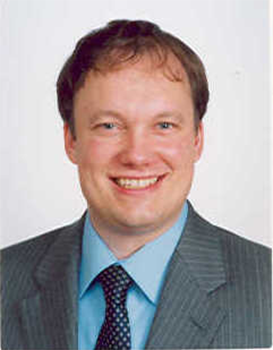
At the Graduate School of International Studies we pride ourselves in being a diverse department with faculty and students from around the world. Different people bring different perspectives and opinions. By discussing diverse ideas we learn from each other and find new solutions for our problems. And of course, isn’t it great to have friends from all over the world you can later visit?
Diversity can also help us to put the problems of our own society into a perspective. For example, at my department we have a lot of students from developing countries that receive a scholarship from the Korean development agency, KOICA. From the perspective of a country like Yemen struggling with extreme poverty and even civil war, some of the problems we have in Korea or Europe seem to be much more manageable and easier to solve. In Europe, many talk about a refugee crisis although the vast majority of refugees are hosted by much less developed countries such as Lebanon, Iran and Ethiopia.
Speaking of Europe, once a year I take some of my students to a European Summer Academy to study the European Union together with students from Europe and Japan. The diverse learning experience has proven to be very beneficial for all sides. We often tend to believe that the grass is so much greener on the other side of the planet – until we look closer.
The interest of Korean students in the EU is often linked to their frustration with nationalisms and conflicts in East Asia. They tend to have a very positive view of the EU often believing that East Asia will never be able to achieve such a level of cooperation due to its history and extreme nationalism in the region.
European students on the other hand tend to highlight the problems of the EU from Brexit to the refugee crisis. Both sides can learn from this discussion. European students learn about the problems that the lack of regional institution creates in East Asia and East Asian students learn that European integration is not built on harmony and unity but rather on strong institutions that help to solve conflicts and facilitate compromises.
The EU, a union of 28 nation states, is a good example that diversity creates challenges and conflicts of its own but conflicts can actually be useful to expose problems and lead to improvements. What is important is that we agree to solve conflicts through dialogue without violence and based on mutual respect. Instead of trying to avoid conflicts at any costs, we should spent more time on working out ways to deal with conflicts.
In last week’s column my colleague Heather Willoughby wrote that we should more often put down our smartphones, take our time and be physically active to stay healthy. Indeed, time is a crucial factor. We are all so busy with class assignments, advance our career or promote ourselves on SNS that we don’t have time for the more important things. Just as we need to train our body to stay healthy we need to train our brain to be open minded and peaceful. At the university we are exposed to so many interesting people from different countries, backgrounds and disciplines. Let’s benefit from this diversity, let’s discuss and let’s learn from each other.
Thomas Kalinowski was born and raised in Germany. He is an associate professor and a department chair at Ewha Graduate School of International Studies.

